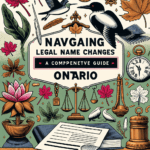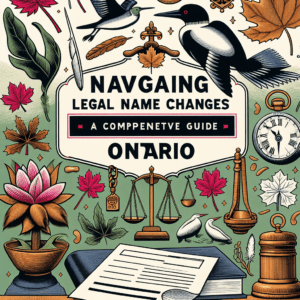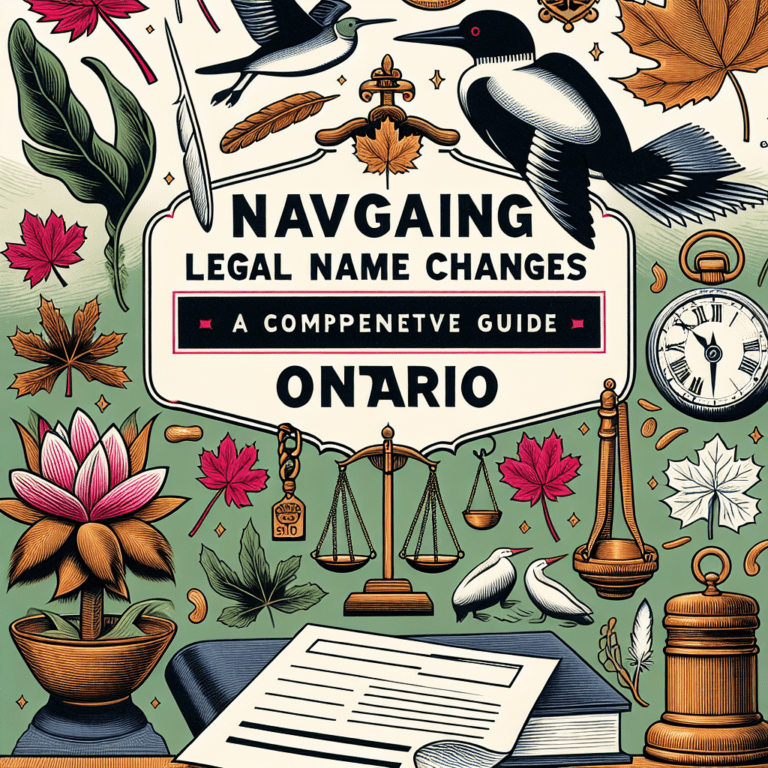In 2024, the Canadian Supreme Court delivered several pivotal rulings that have reshaped the legal landscape, stirring discussions among legal scholars, practitioners, and the general public alike. As citizens navigate the complexities of law that impact their daily lives, understanding these decisions is essential. The 2024 Canadian Supreme Court decisions not only address pressing societal issues but also redefine the balance of power in Canadian jurisprudence. This article delves into these landmark rulings, their implications, and the profound influence they wield on Canadian law and society.
Examining Landmark Rulings by the Canadian Supreme Court in 2024
The Canadian Supreme Court’s decisions in 2024 have revealed an evolving interpretation of Charter rights, notably in cases addressing the intersection of privacy and technology. One major ruling involved the legal boundaries of digital surveillance by law enforcement agencies. The Court reinforced the necessity of warrants for accessing personal data, echoing a broader commitment to individual privacy rights amid advancing technology. This decision marks a significant departure from previous cases, acknowledging the pervasive role that technology plays in daily life, thus enhancing protections against state encroachment.
In a separate case, the Court addressed the contentious issue of Indigenous land rights, reaffirming its commitment to reconciliation. The ruling established a clearer legal framework for the recognition of Indigenous title, emphasizing the importance of prior consent in resource management on traditional territories. This landmark decision not only empowers Indigenous communities but also sets a precedent that could reshape negotiations around land and resource use across Canada. The ramifications of this ruling extend beyond the courtroom, fostering a deeper dialogue about the historical injustices faced by Indigenous peoples.
Another noteworthy ruling tackled the complexities of labor rights, particularly in the gig economy. The Court upheld the rights of gig workers, affirming that they should be entitled to basic employment protections, including minimum wage and benefits. This decision is a game-changer for the rapidly evolving labor landscape in Canada, as it seeks to provide security for a segment of the workforce that has often been overlooked. By recognizing the rights of gig workers, the Court has paved the way for a more equitable labor market, prompting legislative bodies to reconsider existing labor laws in light of contemporary economic realities.
Implications of Supreme Court Decisions on Canadian Law and Society
The implications of the 2024 Canadian Supreme Court decisions extend far beyond the immediate cases; they signal a transformative shift in Canadian law. One of the most profound effects is the strengthening of privacy rights. By mandating that law enforcement must secure a warrant before accessing digital data, the Court has set a precedent that emphasizes individual rights in an age where personal information is increasingly commodified. This ruling aligns with global trends prioritizing privacy, potentially influencing future legislative frameworks around data protection and surveillance.
Moreover, the Court’s affirmation of Indigenous land rights represents a significant step toward reconciliation between Indigenous peoples and the Canadian state. By recognizing the necessity of obtaining consent for resource development, the Court has catalyzed a new dynamic in resource management discussions. This decision not only empowers Indigenous communities but also compels corporations and government bodies to engage in more meaningful consultations, ensuring that development respects the rights and heritage of Indigenous peoples.
In the labor sector, the Court’s ruling concerning gig workers marks a critical juncture in the fight for workers’ rights. By affirming the need for employment protections, the Supreme Court is prompting a reevaluation of labor laws across Canada. This decision could lead to a domino effect, encouraging provinces to enact reforms that provide gig workers with the same rights as traditional employees. Ultimately, this shift represents a broader societal acknowledgment that the nature of work is changing, and the legal system must adapt to safeguard all workers in this new economy.
The 2024 Canadian Supreme Court decisions have undeniably changed the legal and societal landscape of Canada, addressing crucial issues ranging from privacy rights to labor protections and Indigenous title. These landmark rulings reflect a judiciary responsive to contemporary challenges and societal needs, setting a trajectory for future legal developments. As Canadians, it is imperative to engage with these decisions and understand their implications, for they shape not only the legal framework but also the very fabric of society. To stay informed and engaged, consider exploring legal commentaries, attending public forums, or joining discussions that focus on the evolving role of the Supreme Court in our lives. Together, we can better navigate this transformative period in Canadian jurisprudence.
Navigating Legal Aid Options for Refugees in Canada 2024Exploring Human Rights Legal Support in Canada: 2024 InsightsNavigating Legal Support for Wrongful Termination in Canada 2024Relevant LinkRelevant LinkRelevant LinkUnderstanding LegalZoom Billing: Fees, Structure, and InsightsUnderstanding LegalZoom’s Basic Will: Key Features ExplainedUnderstanding LegalZoom’s Business Address Services ExplainedRelevant LinkRelevant LinkRelevant LinkUnderstanding Legal Self-Defense Weapons in CanadaUnderstanding Legal Paper Size: Dimensions and Uses ExplainedNavigating Legal Name Changes in Ontario: A Comprehensive GuideRelevant LinkRelevant LinkRelevant Link



















